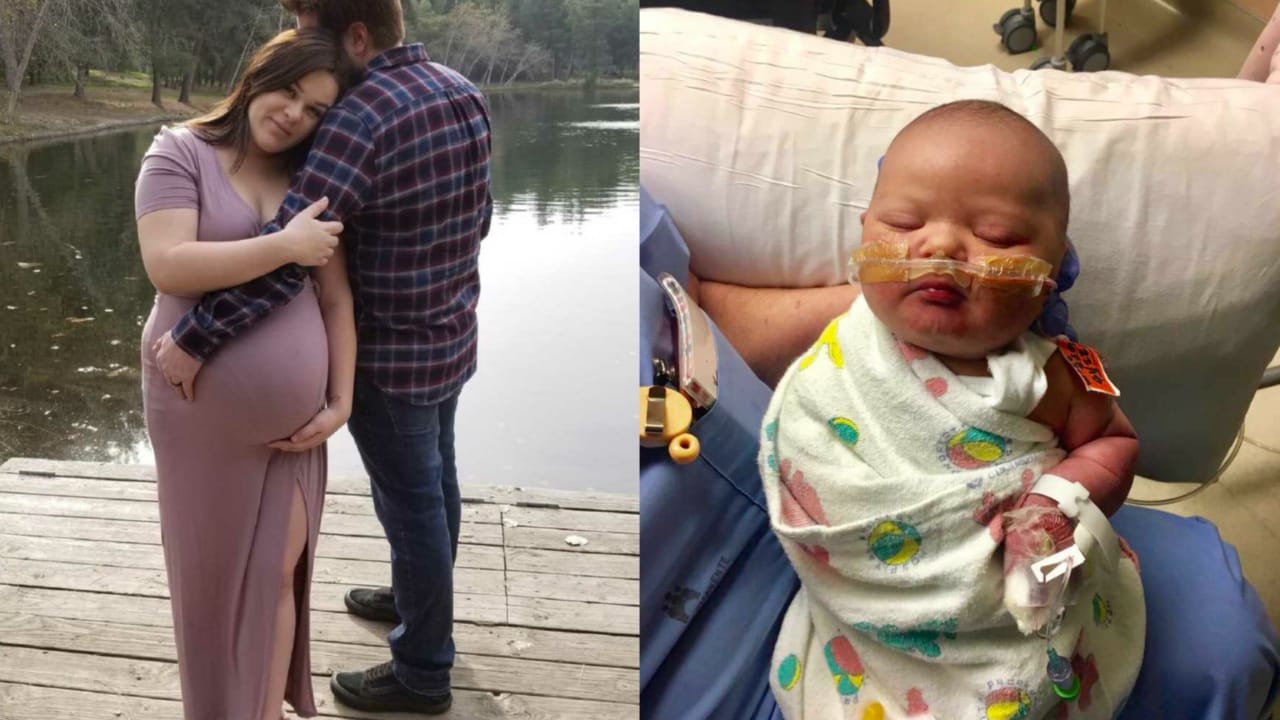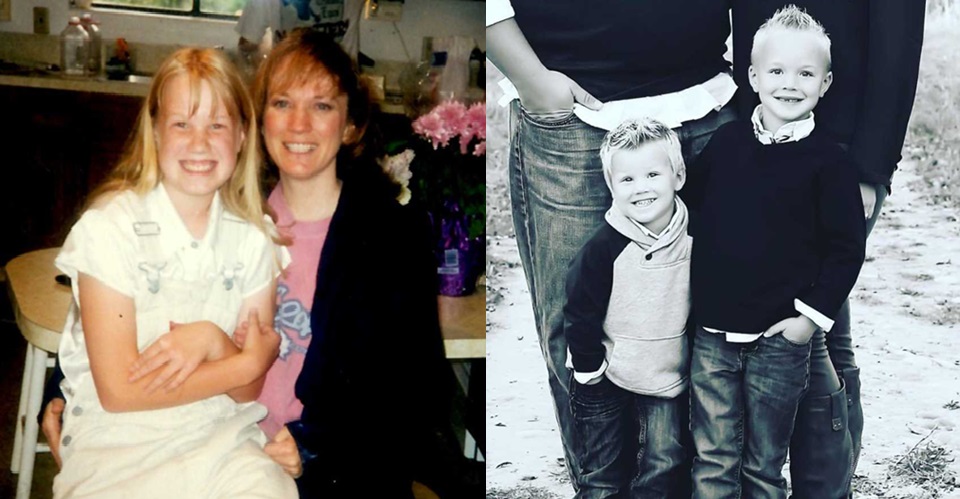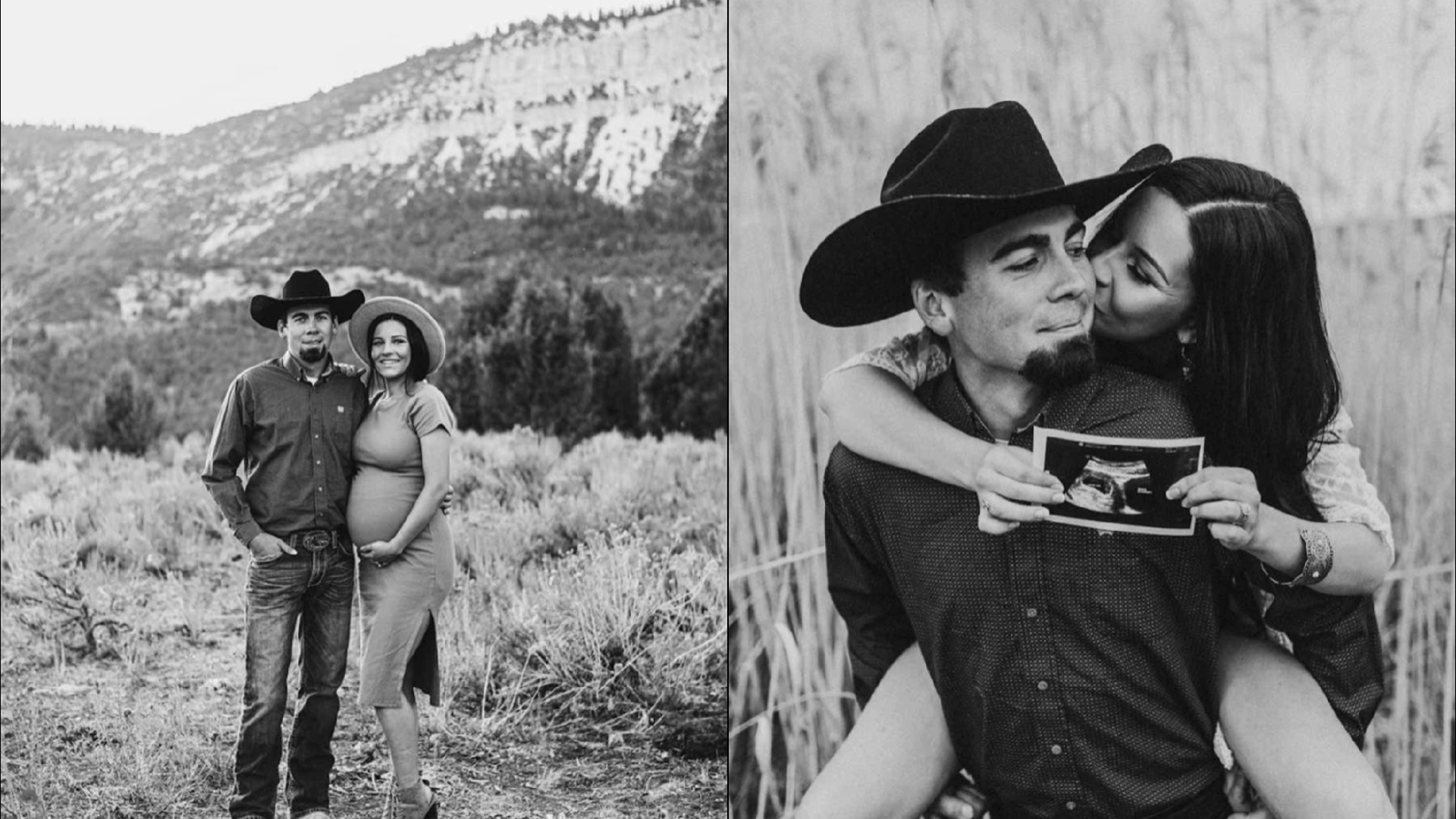When I was 19, my OB encouraged me to take genetic tests not because I was high risk, but so we’d be “prepared.” I reluctantly agreed. After the first round, an unfamiliar fear crept in: what if my baby had Down syndrome? I didn’t know anyone with it and had no reason to suspect it, yet the thought wouldn’t leave.

Then came an email from my OB: my baby was healthy, but there was a small calcification in her heart muscle, an “echogenic focus,” sometimes linked to Down syndrome. She reassured me my baby’s heart looked normal and the risk was low, but I read her words again and again, crying in private. Later, further tests came back negative, and I finally felt I could breathe again.

The worry faded over the rest of my pregnancy until my due date. At 2 a.m., my water broke, though the nurse thought it was just pressure on my bladder. By evening, I insisted on being checked. Tests showed low fluid, and I was admitted for induction. Labor was long and grueling 25 hours before my daughter, Scarlett Rose, arrived. She was quiet, her skin purple, her heart rate low. Nurses whisked her away as a doctor mentioned “markers” for a certain birth defect. I knew instantly: Down syndrome.

I held her briefly before she was taken to the NICU. My parents came in, and I broke down, telling them. My mom cradled Scarlett and called her beautiful, her words easing my fear. That night, seeing her in the NICU with tubes and monitors, I realized she was perfect she was mine.

Scarlett’s diagnoses came quickly: Down syndrome and Wolf Parkinson White Syndrome, a rare heart condition. She also had a heart defect, lung issues, thyroid problems, and low platelet levels. She struggled to feed, needing both bottle and tube support. On day two, I was discharged without her. Walking into our house, past her empty bassinet, was one of the hardest moments of my life.


By day six, she no longer needed oxygen or feeding tubes. She was strong enough to come home. That first week transformed me. My family embraced her completely, showing me what unconditional love looks like.


Now, Scarlett is our joy, our magic. Her milestones come in her own time, but everyone feels monumental. I’ve gone from fearing her diagnosis to cherishing it. She has changed my heart in ways I never imagined, and if I could relive her birth with all its fear and uncertainty I would. She has made my world better, simply by being herself.











